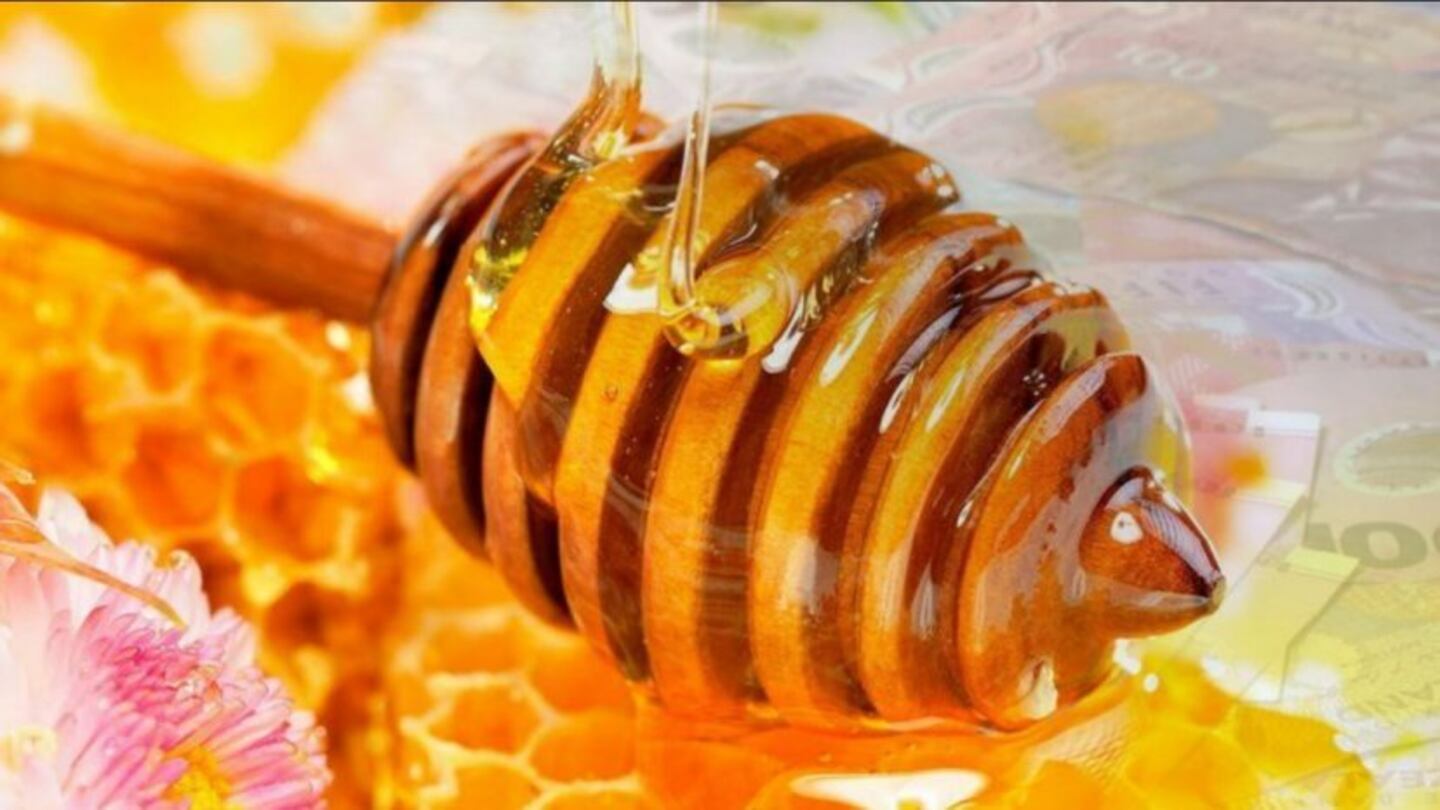Another secret war between Aotearoa New Zealand and Australia is about to be fought out in UK courts.
Although the issue is a fight for recognition between Australian Manuka and New Zealand Mānuka honey firms, it has become a fierce battle for billions of dollars from antibacterial honey and both governments are backing their respective industries with real money.
This is not the first war of this type. In 2011, after years of legal arguments, New Zealand finally got the right to sell apples into Australia overturning a 90-year ban based on supposed concerns over the introduction of pests but widely seen as a fear of competition.
Last year the Australian honey producers convinced the UK Intellectual Property Office to reject an application by New Zealand producers to trademark the words Mānuka honey but New Zealand is appealing the decision, which is likely to be heard in the next six months by the UK High Court.
Interestingly, this came not long after the UK and New Zealand agreed to a free trade agreement that included a section protecting Māori taonga.
Mānuka is Maōri
The Mānuka honey appeal will be based on legal grounds arguing that the IP Office didn’t take all of New Zealand’s arguments into account, particularly on inherent grounds
Mānuka Honey Appellation Society (the honey industry) spokesperson John Rawcliffe said the key ground for the application to meet the UK statutory rules was that the name Maāuka was of distinctive nature.
“For 22 years UK consumers have understood that Mānuka is Māori and it comes from Aotearoa New Zealand and all the marketing promotions for it were based on that."
The other ground was the inherent nature of the word Mānuka being a Māori name.
Pita Tipene, who chairs the Mānuka Charitable Trust, which has received serious New Zealand government backing of over $5 million to trademark the word mānuka in international markets so only honey from New Zealand can be called mānuka says his group “remains strongly of the view that it is not appropriate for honey producers in another country to use the name mānuka honey when the plant the nectar came from did not grow in Aotearoa New Zealand.
"This is also an indigenous rights issue and is out of step with existing indigenous IP frameworks and consumers' demand for authenticity and quality.
Precious taonga
“The word mānuka is from our reo Māori and a precious taonga that we have a responsibility to honour and protect," Tipene said.
The trust’s application to trademark Mānuka is before the New Zealand Intellectual Property Office and a decision is expected soon.
Meanwhile, the Australians used the UK's Oxford Dictionary in their battle to put 'Mānuka' on honey produced in Australia.
The Australian Manuka Honey Association argued the British dictionary defines Mānuka as “a small tree with aromatic leaves, which are sometimes used for tea, native to New Zealand and Tasmania”.
The UK IP Office rejected the Aotearoa argument but the Manuka Honey Appellation Society and Unique Manuka Factor Honey Association appealed the decision to the High Court.
That’s where the Australian federal government recently stepped in.
AMHA chairman Paul Callander told Queensland Country Life late last month that the Attorney-General's office had offered up "a significant grant" on the back of the court battles.
Australian native plant
Callander said the government grant would help equip the organisation to fight against attempts to monopolise the term Manuka honey.
"Importantly, it is also evidence that the Australian government recognises the value of the domestic industry and is willing to back us against these attempts," he said.
Mr Callander, the managing director of Western Australian company ManukaLife, said the Australian Manuka honey industry was highly valuable.
"The most incredible thing about Manuka honey is the science behind it," he said.
"Manuka is an Australian native plant and the term manuka honey has long been used in Australia."
"This financial support not only increases our capability to defend our industry, it also increases our resolve to do so."
Under free-trade agreements argument between countries are usually settled by mediation or arbitration at World Trade Organisation level. However, Mānuka Honey Appellation Society spokesperson John Rawcliffe says the case is far more likely to be settled quickly at the IP Office level because a WTO dispute on indigenous rights could take 20 years to resolve.

